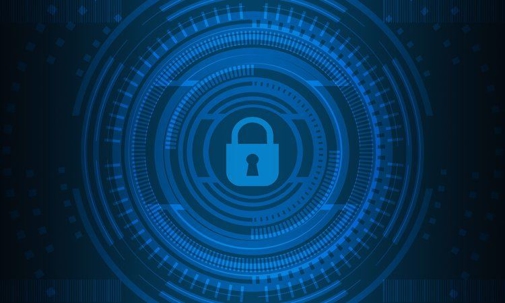Data protection is a global term covering all the techniques and tools a company utilizes to protect sensitive information as well as its information technology and operational technology systems. The two main components to a company’s data protection program are its privacy and cybersecurity protocols. In essence, privacy concerns the way a company treats sensitive information and cybersecurity consists of the tools used to protect that information.
In many cases, small and midsized companies separate privacy from cybersecurity and attempt to manage the two components to the company’s data protection scheme separately. Typically, lawyers manage the aspects of the company’s privacy framework, while IT professionals manage the cybersecurity tools. This bifurcated approach to data protection can lead to conflicts between the two teams, which is why companies often appoint a joint task force leader, such as a Chief Information Security Officer (CISO).
CISOs do not come cheap, which is why many startups and smaller businesses forego employing someone to fill this role. Without a key player concerned with the company’s data protection posture, this role often falls to the CEO who shoulders several similarly important business critical issues. To a globally focused leader, data protection can feel like an expensive distraction. “Data protection costs time and money and all I get in return is not being hacked. And I’ve never been hacked. Why am I spending so much on this? Why would I spend more?”
These are completely valid points. Good data protection hygiene is expensive and slows production. And cybersecurity tools often employ fear-based marketing campaigns to motivate company’s to act. To be fair, cybersecurity providers don’t have to try very hard. The news alone is terrifying enough… “It’s not if, it’s when.” I’ve said those words myself. Why? Because it’s the mindset that leaders must take when approaching data protection.
This does not mean that you should buy every security tool to protect your organization. The best approach is to find a cybersecurity professional and have them conduct an assessment on your business. They will examine your operations, your risks and vulnerabilities and provide tailored suggestions on areas for improvement. Think of it like your annual physical; preventative care. You do it to gain information about your overall heath and make adjustments where necessary.
The thing to remember here is that you’re not alone. If you want help with any of this, please reach out.

